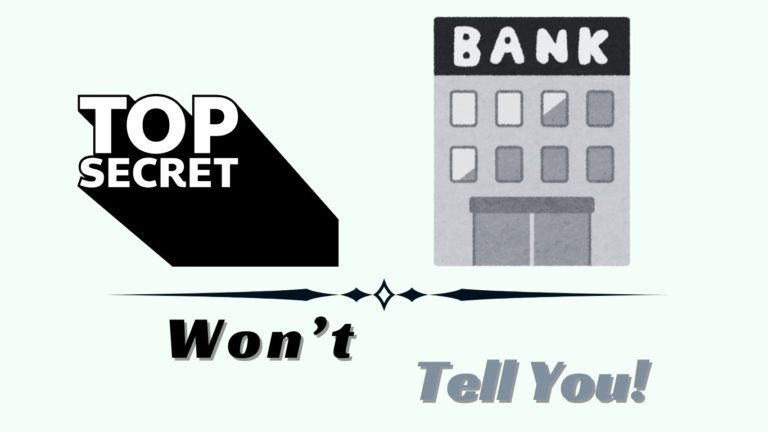Understanding the Late Fee Cap
Late fees are an unpleasant reality for many credit card holders. However, recent regulatory changes, particularly in the United States, have put a cap on how much credit card companies can charge for a late payment. This cap aims to protect consumers from exorbitant penalties, but how does this affect your financial situation? Understanding the late fee cap and its implications is crucial for managing your credit card bills and protecting your wallet.
1. What is the Cap on Late Fees?
The late fee cap refers to the maximum amount a credit card company can charge a customer when they miss a payment. Under the current regulations from the Consumer Financial Protection Bureau (CFPB), the cap on late fees is $30 for the first late payment and $41 for subsequent late payments if the payment is more than 30 days overdue.
These caps were introduced to prevent credit card companies from charging excessive fees, which can quickly accumulate, putting consumers at risk of getting deeper into debt.
2. How Does the Cap Affect Your Wallet?
While the late fee cap sounds like a consumer-friendly regulation, its impact can be more nuanced. Here’s what it means for your finances:
- Reduced Financial Penalties: The cap limits the amount of money credit card companies can charge for missed payments. This makes it easier for consumers to avoid overwhelming fees that could lead to more significant financial challenges.
- More Predictable Costs: Knowing the cap provides consumers with more clarity about potential costs, allowing for better financial planning. The predictability of late fees can be especially beneficial for those who may occasionally miss payments due to unforeseen circumstances, such as a cash flow issue or forgetting the payment date.
- Debt Accumulation and Interest Rates: While the late fee cap lowers the immediate costs, missing payments still leads to other serious consequences, such as higher interest rates and penalties. A single late payment could trigger a significant hike in your credit card’s interest rate, which will cost you far more in the long run. So, while the cap may limit immediate expenses, it doesn’t address the long-term impact of missing payments.
- Potential for Lower Credit Scores: Repeated late payments can hurt your credit score, which in turn can make it harder and more expensive to borrow money in the future. Even with the cap, credit card companies can still report late payments to credit bureaus, which could result in a lower credit score. This can increase the cost of future loans and prevent you from securing favorable interest rates.
3. The Hidden Costs Beyond the Cap: Why You Should Still Pay on Time
Even with the cap on late fees, there are other hidden costs of late payments that you need to be aware of:
- Interest Charges: Late payments can trigger higher interest rates on existing balances. If your credit card company raises your interest rate following a late payment, the cost of carrying a balance will increase significantly, making it harder to pay down debt.
- Impact on Credit Utilization: Credit utilization is a key factor in your credit score calculation. Late payments can push your balances higher, which can increase your credit utilization ratio. This can negatively impact your credit score and increase your financial burden.
- Loss of Rewards: If you carry a rewards credit card, late payments may lead to a loss of earned rewards or bonuses. Some card issuers reduce or cancel rewards if a payment is missed, which diminishes the value of the credit card for those who rely on rewards for cashback or travel benefits.
- Potential for Future Fees: Repeated late payments may prompt your credit card company to charge you a higher annual fee or cancel your rewards program. This can lead to a diminished value of your credit card and make it harder to achieve the benefits you originally signed up for.
4. How to Avoid Late Fees and Protect Your Wallet
Even with the cap in place, the best strategy is still to avoid late payments altogether. Here are some practical tips to help you manage your credit card payments and avoid unnecessary fees:
- Set Up Auto-Payments: One of the simplest ways to avoid late payments is by setting up automatic payments for at least the minimum payment due. This ensures that even if you forget to pay, your credit card issuer will automatically withdraw the payment on the due date.
- Set Payment Reminders: If auto-pay isn’t an option or you prefer more control over your finances, set reminders on your phone or calendar to alert you when a payment is due.
- Keep Track of Your Credit Card Statements: Regularly monitor your credit card statements and due dates. This will help you avoid missing payments, especially if you have multiple cards or are juggling different due dates.
- Pay More Than the Minimum: Whenever possible, try to pay more than the minimum payment. This helps you avoid interest charges and reduces the risk of accumulating debt over time.
- Consider a Balance Transfer Card: If you’re struggling with debt, consider transferring your balance to a card with a lower interest rate or a 0% introductory APR offer. This can give you some breathing room and help you avoid the penalty rates triggered by late payments.
5. Conclusion: The Importance of Timely Payments
While the late fee cap helps protect consumers from excessive fees, it doesn’t mean you can afford to skip payments regularly. The real cost of missed payments often lies in the interest charges, penalties, and the long-term damage to your credit score. By understanding the full financial implications of late payments, you can take proactive steps to avoid them and safeguard your wallet.
Being aware of the late fee cap is important, but it’s crucial to also stay on top of your credit card payments and manage your finances responsibly to avoid the additional costs and consequences that come with late payments.
Ready to make sure you never miss a payment again? Explore our tips and tools for managing your credit card payments at TheCreditCardFinder.com, and start saving money today!









